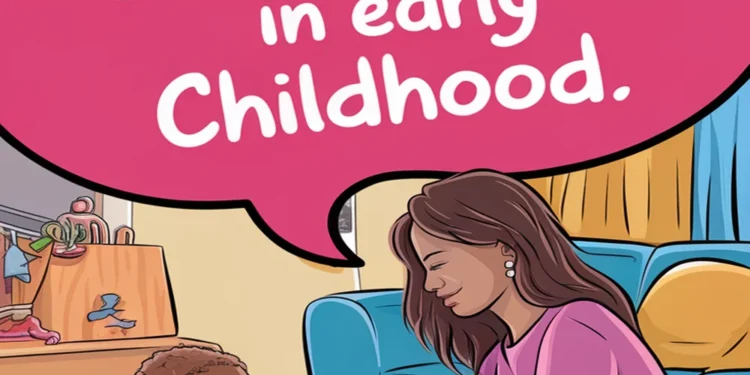Sharing is crucial in early childhood as it helps you understand and express feelings. It builds your emotional intelligence and sensitivity to others, fostering empathy and kindness. By encouraging cooperative play and problem-solving, sharing enhances communication skills and trust among peers. You’ll also notice that sharing supports resilience and teaches important lessons about fairness. Discovering more about these benefits can guide you in nurturing these essential skills in the young ones around you.
The Role of Sharing in Emotional Development
When you encourage sharing among young children, you’re not just promoting cooperation; you’re also laying the groundwork for their emotional development. Sharing teaches kids to recognize and understand their own feelings while becoming sensitive to the emotions of others. When they share toys or take turns, they experience joy, disappointment, and empathy, all essential for emotional growth. It helps them grasp the concept of fairness and the importance of considering others’ needs. By engaging in sharing, children learn to navigate social interactions, making them more resilient and compassionate individuals. This foundation supports their ability to form strong relationships as they grow, fostering a sense of belonging and trust in their environment. So, embrace sharing; it’s a significant step in their emotional journey.
Building Cooperative Skills Through Sharing
Sharing fosters cooperative skills in young children, transforming playtime into valuable learning experiences. When you encourage your child to share toys and resources, they learn to collaborate with peers. This practice not only promotes teamwork but also helps develop communication skills.
| Skill | Sharing Activity |
|---|---|
| Teamwork | Building a block tower together |
| Communication | Asking for a turn with a toy |
| Problem-solving | Deciding how to split game time |
| Trust and Respect | Taking turns in a game |
Recommended Items
Explore these delightful recommendations to nurture sharing and bonding in your family!
Fostering Empathy: Understanding Others’ Feelings
Understanding others’ feelings is essential for young children as they navigate social interactions and build connections. By encouraging them to recognize and empathize with what others experience, you help foster a sense of compassion and community. Simple activities, like talking about characters in storybooks or asking how a friend might feel during playtime, can spark meaningful conversations. Help your child identify emotions by using phrases like, “How do you think she feels?” or “What would you feel in that situation?” These practices not only develop emotional intelligence but also strengthen relationships. When children can connect with others on an emotional level, they’re more likely to embrace sharing, cooperation, and kindness—fundamental skills that lay the groundwork for lifelong friendships.
Action Steps for Teaching Sharing in Kids
Strategies for Teaching Sharing at Home and School
Teaching children to share effectively involves combining fun with practical strategies that encourage cooperation. Start by modeling sharing behavior yourself; kids learn best through observation. Use games and activities that emphasize taking turns, like board games or group art projects, where sharing is necessary. Create a designated sharing time at home, like during snack or playtime, to practice this valuable skill. Reinforce positive sharing experiences with praise and encouragement. At school, collaborate with teachers to guarantee consistency in sharing activities. Use storybooks that illustrate sharing to instill its importance. Finally, pay attention to conflicts; guide your child in resolving them by focusing on empathy and understanding, helping them recognize the value of sharing from an early age.
Long-term Benefits of Sharing in Childhood
Engaging in sharing during early childhood lays a foundational stone for social development that pays dividends throughout life. When you encourage your child to share, they’re not just playing; they’re learning empathy, cooperation, and effective communication. These skills help them build strong relationships and navigate social settings more easily as they grow.
As your child continues to practice sharing, they’ll develop a sense of trustworthiness and responsibility. This fosters positive self-esteem and promotes conflict resolution skills, essential tools for adulthood. Ultimately, the habit of sharing creates compassionate individuals who understand the value of community and teamwork. So, by nurturing sharing in your child, you’re equipping them with not just immediate social skills but lifelong benefits that will influence their personal and professional relationships.













